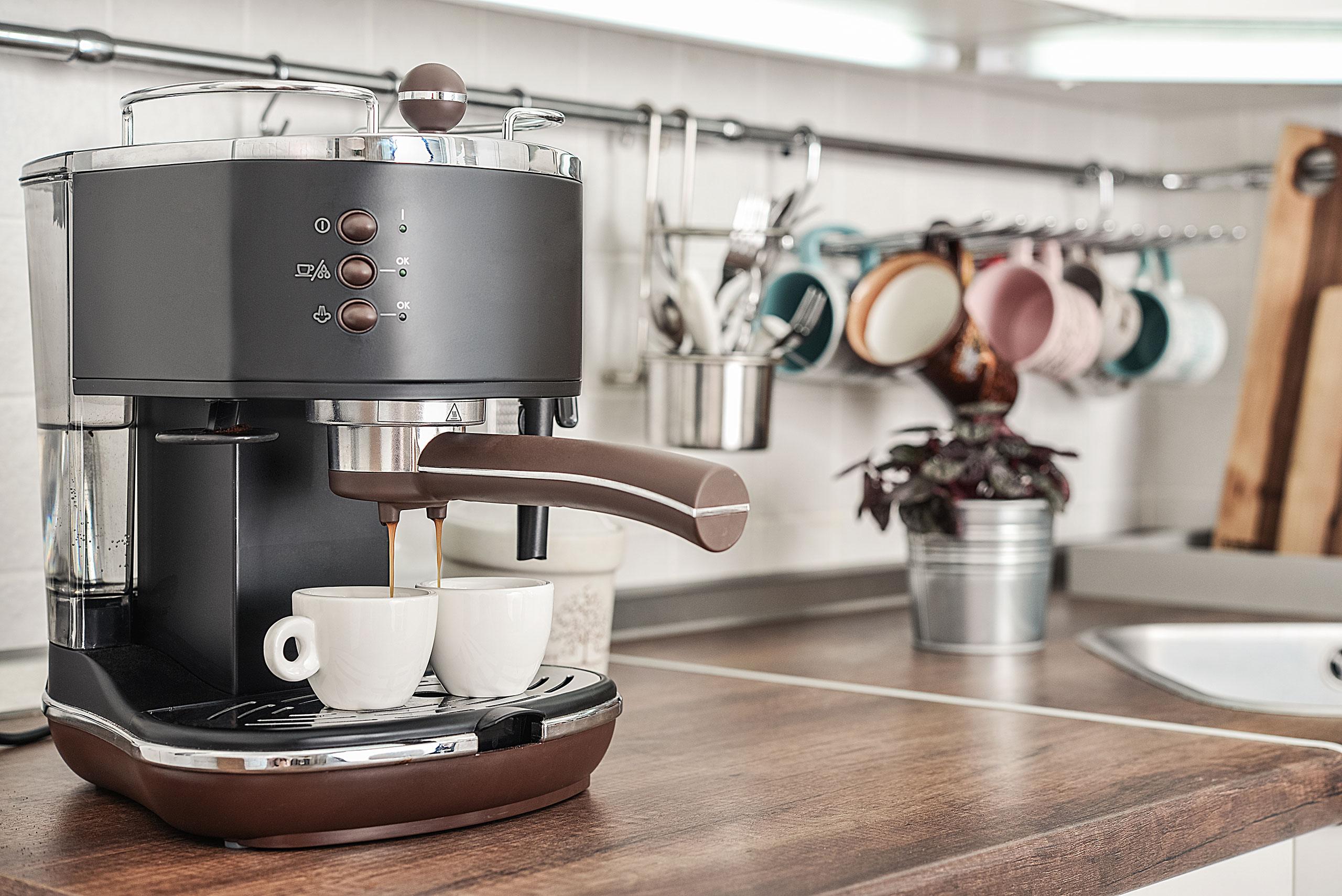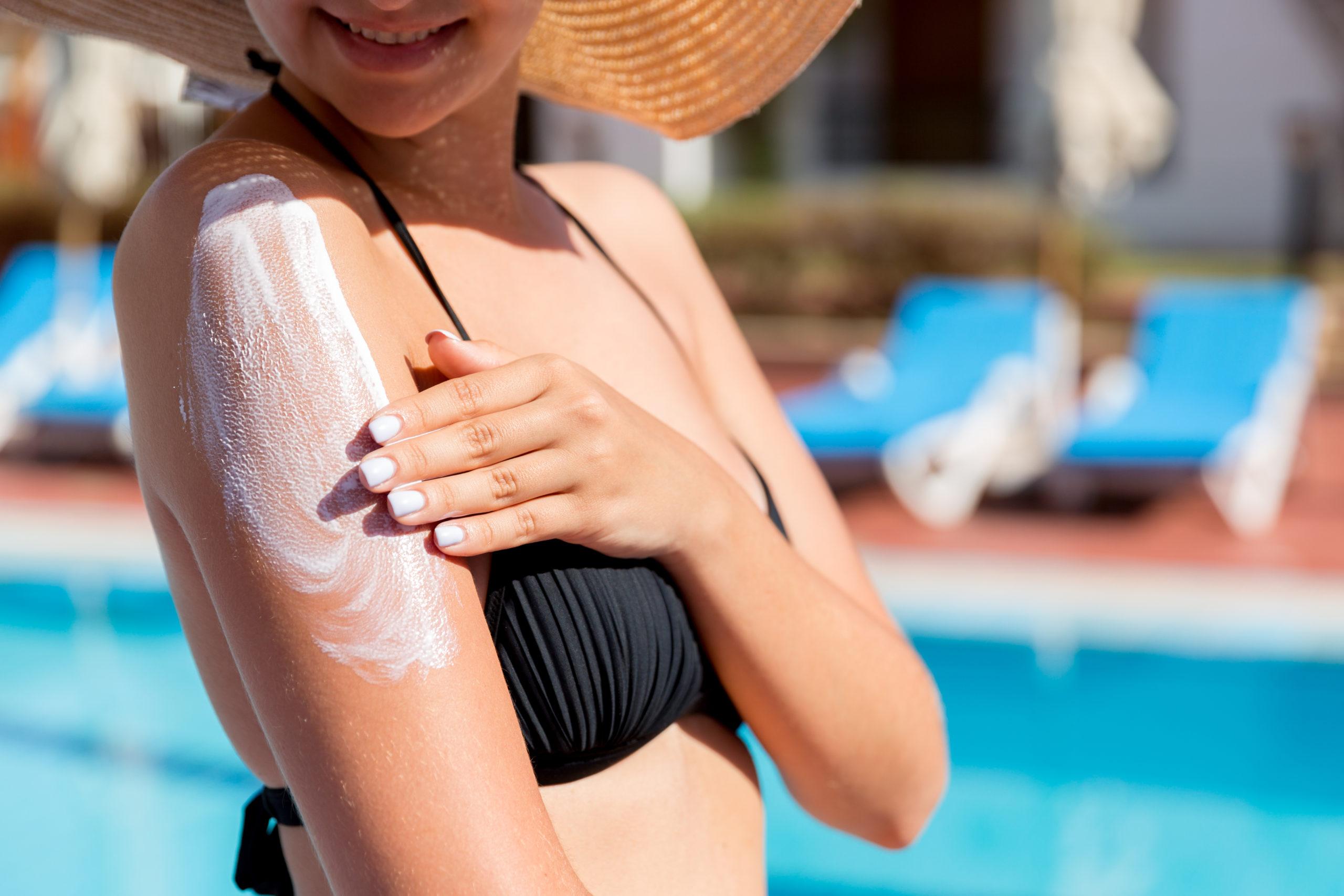As the UK continues to experience warm temperatures and clear, sunny skies, our skin is more vulnerable to heat and UV damage, with many suffering from sunburn.
Caring for sensitive, sun-ravaged skin can be difficult, and many of us could be making big mistakes when it comes to looking after our skin.
Google trends data for ‘sunburn’ searches has reached a five-year high in the UK since the start of June 2021, up by 35% on the last peak in searches back in June 2017. Brits have been searching phrases like “home remedies for sunburn”, “sunburn blisters”, “does… help sunburn” and “how long does sunburn last”.

Searches for ‘sunburn remedies’ are also up, reaching a peak for the last five years in June 2021, increasing by 92% since the last peak in July 2017. If these trends are anything to go by, it looks like we’re in for a summer of sunburns and going for a shower to soothe it could be making it worse!

What is sunburn?
According to the NHS, sunburn is red, hot and sore skin caused by too much sun. It may flake and peel after a few days.
Sunburn is an inflammatory reaction to ultraviolet (UV) radiation damage to the skin’s outermost layers. Prolonged unprotected sun exposure can cause skin cells to become red, swollen and painful. Sunburns can range from mild to blistering.
As your skin begins to recover, your skin may start to peel. This is a sign that your body is trying to rid itself of damaged cells.
Hard water and sunburn
Hard water has the capacity to reduce the skin’s natural barrier defence as a result of the high levels of calcium and magnesium found in the water. These minerals disrupt our skin cells, creating a weakness in its protective functions. This in turn makes our skin more susceptible to damaging UV rays.
There are no magical cures for sunburns, but there are a number of ways you can support your body’s natural healing process. Let’s take a look at the most effective ways to heal a sunburn faster.
Remedies
There are numerous ways to remedy the misery of sunburn. We’ve teamed up with Dr Ross Perry from Cosmedics to advise you on the safest ways to soothe your skin whilst also protecting your skin barrier.
Cold compress
You may see many people advise that a cold shower can offer some instant relief, and make your skin appear less red whilst reducing inflammation. However, if you live in a hard water area a cold shower could in fact damage your skin further by drying it out. Hard water can upset your delicate skin barrier, sapping the skin of its moisture.
We advise you to lightly dampen your skin with a soft flannel, cooling the burn but without over-exposing it to too much water. Be careful not to rub your burn as doing so will disrupt your skin barrier further.
Stay hydrated
Good hydration in and out is vital for sunburn recovery.
You may find yourself feeling thirstier now that you’re burnt. Burns draw fluid to the skin’s surface and away from the rest of the body which may leave you feeling dehydrated. It’s important to rehydrate by drinking lots of water and use a good moisturiser and SPF daily to avoid any further dehydration.
Keeping your skin moisturised
While skin is still damp, use a gentle moisturising lotion – making sure it’s not a petroleum or oil-based ointment, which may trap the heat and make the burn worse. By applying a generous layer of ceramide-enriched moisturiser cream, you will seal in the moisture, and doing this while the skin is still damp prevents the harsh minerals found in hard water from settling on the skin.
Decrease inflammation
Did you know that painkillers can actually make your sunburn go away faster? As long as you do it within the first few hours of getting your sunburn, taking a couple of ibuprofen, or any other non-steroidal anti-inflammatory drug, could help reduce swelling and decrease discomfort.
Once the redness and swelling go down, your skin cells can repair the sunburned skin’s barrier and generate new skin.
Be gentle with your skin
You may have to rethink your skincare routine if you’re dealing with sunburn on your face. Ditch any exfoliators, toners, face masks, and anti-aging products until it starts to heal. Sun damage makes your skin extra sensitive therefore the ingredients often found in these products can cause your skin to blister and you could end up with a rash.
Sunburn treatment myths
One of the most common myths surrounding after sun care, is that expensive is better. In fact this isn’t the case as a lot of companies will be charging for the marketing not the product. Prevention is the key, so apply suncream before you go into the sun and apply liberally and re-apply regularly.
Chronic sun damage effects the skin’s elasticity, volume and strength, causing the skin to appear wrinkly, sagging and crepey-looking with lots of brown sun spots. It’s important that we look after our bodies and skin therefore always ensure we’re being safe if going out in the sun.
Your water could be making your burn worse
Approximately over half of UK households (13 million) currently suffer from hard water, however we recently discovered that most Britons are unaware that they live in a hard water area. Our study also found that among younger people, awareness is even lower, with only 36 percent of 18-34 year olds knowing that they live in a hard water area.
This means that a large percentage of the population are potentially making their sunburn a lot worse this summer. If you live in any of these areas below, you might want to avoid the shower for a few days while your sunburn cools off:
Top 20 UK Cities Where You Should Avoid The Shower If You Have Sunburn
| Location | Hardness level in January 2021 (parts per million) |
| Ipswich | 378 |
| Norwich | 346 |
| Sunderland | 343 |
| St Albans | 342 |
| Bury St Edmunds | 339 |
| Stevenage | 338 |
| Basildon | 335 |
| Colchester | 332 |
| Reading | 329 |
| Chelmsford | 327 |
| Canterbury | 324 |
| Watford | 320 |
| Cambridge | 315 |
| Hull | 314 |
| Lincoln | 312 |
| Luton | 309 |
| Slough | 308 |
| Bedford | 307 |
| Basingstoke | 305 |
| Guildford | 305 |
If you’re unsure of the water hardness in your area or to find out more specifics about your water, try our water hardness test today.
Gentle On Skin – Softened water is kinder to dry, sensitive skin and can taste better – Find Out How: Book A Demo



